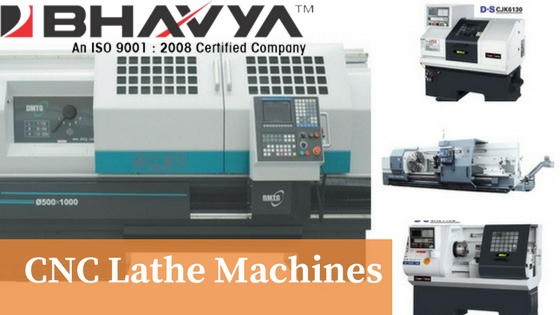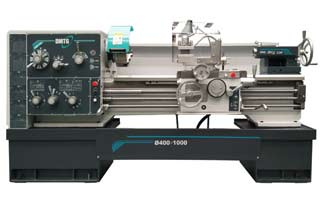The concept of supply chain resilience has taken center stage in the modern business landscape, with industries seeking ways to mitigate risks and ensure uninterrupted operations. In European manufacturing, the integration of Computer Numerical Control (CNC) lathe machines is emerging as a pivotal factor in enhancing supply chain resilience. These advanced machining tools are redefining manufacturing networks by promoting flexibility, reducing lead times, and enabling localized production. In this article, we’ll explore how CNC lathe machines are playing a crucial role in reshaping European manufacturing networks to achieve greater supply chain resilience.
Introduction
In an era marked by volatility, disruptions, and global uncertainties, supply chain resilience has emerged as a critical business imperative. The integration of CNC lathe machines within European manufacturing networks is shaping a new paradigm of production, one that embraces adaptability, localized manufacturing, and enhanced agility.
The Imperative of Supply Chain Resilience
Navigating Disruptions and Uncertainties
Global events, from natural disasters to supply chain disruptions, have underscored the vulnerability of interconnected supply chains. To mitigate risks, businesses are actively seeking ways to enhance the resilience of their operations and minimize the impact of unforeseen disruptions.
Embracing Flexibility and Adaptability
Supply chain resilience requires a departure from rigid, linear supply chain models. Instead, businesses are recognizing the importance of flexible and adaptable manufacturing networks that can quickly respond to changing demands and circumstances.
CNC Lathe Machines: Catalysts for Change
Precision and Efficiency
CNC lathe machines are renowned for their precision and efficiency in manufacturing. The integration of these machines empowers manufacturers to produce intricate components with unparalleled accuracy, reducing the likelihood of defects and rework.
Customization and Short Production Runs
CNC lathe machines excel in producing customized components and accommodating short production runs. This flexibility allows manufacturers to swiftly adjust their production lines to meet specific customer requirements without overcommitting resources.
Reducing Dependency on Global Suppliers
Localized Production and Sourcing
The integration of CNC lathe machines supports localized production and sourcing strategies. By manufacturing components in close proximity to the final assembly point, businesses reduce their reliance on distant suppliers and minimize transportation risks.
Minimized Lead Times
CNC lathe machines contribute to reduced lead times, enabling manufacturers to respond swiftly to market fluctuations and customer demands. This agility is essential in maintaining a competitive edge and meeting customer expectations.
Enhancing Agility and Responsiveness
Quick Turnaround Times
CNC lathe machines facilitate quick turnaround times for manufacturing components. Whether for rapid prototyping or urgent production needs, these machines enable businesses to expedite the production process without compromising quality.
Rapid Prototyping and Iteration
The integration of CNC lathe machines supports rapid prototyping and iterative design processes. Manufacturers can quickly create prototypes, test new concepts, and refine designs, accelerating the innovation cycle.
Collaborative Manufacturing Ecosystems
Supplier-Customer Partnerships
Supply chain resilience thrives on collaboration. Manufacturers and suppliers are forming closer partnerships to share information, insights, and strategies, fostering a network that collectively responds to disruptions.
Information Sharing and Coordination
Effective supply chain resilience relies on transparent information sharing and coordination. CNC lathe machine integration facilitates real-time data exchange, enabling informed decisions across the manufacturing network.
Challenges and Considerations
Skilled Workforce and Training
Maximizing the potential of CNC lathe machines necessitates a skilled workforce. Manufacturers must invest in training and upskilling to ensure that operators can harness the full capabilities of these advanced machines.
Technological Investment
The integration of CNC lathe machines requires technological investment. Manufacturers must consider the costs of acquisition, maintenance, and software updates to ensure sustained efficiency and performance.
Conclusion
The integration of CNC lathe machines into European manufacturing networks signifies a transformative shift toward enhanced supply chain resilience. By leveraging precision, flexibility, and agility, businesses are creating manufacturing ecosystems that can withstand disruptions and uncertainties. As businesses continue to adapt and innovate, CNC lathe machines will play a pivotal role in shaping a new era of manufacturing, one defined by responsiveness, collaboration, and the ability to navigate challenges with unwavering resilience.







